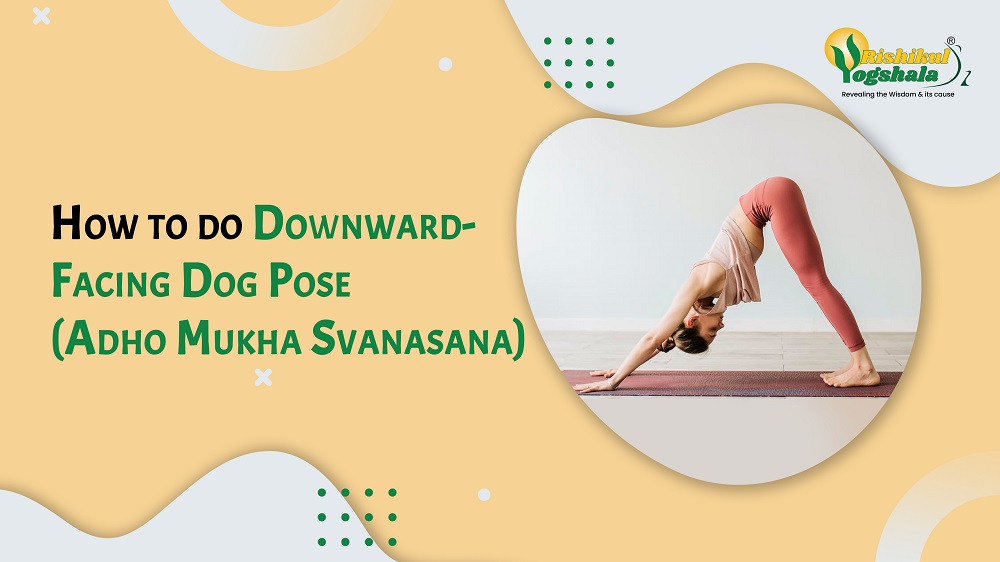Practice Meditation With These Five Practices
- Blog
- /
- Yoga Techniques and Tutorials
- /
- Practice Meditation With These...

The Art of Meditation: A Path to Inner Peace
Meditation is often described as a divine art, and for good reason. Those who practice meditation consistently tend to radiate a unique energy, often referred to as ‘vibrations‘ or ‘the vibe’ in modern terms. Meditation is more than just sitting quietly and cultivating patience; it’s about nurturing feelings of kindness, love, and peace, which contribute to better mental health. Research suggests that meditation offers more than just temporary relief—it has the potential for profound, lasting benefits.

Meditation Tip by Paramahansa Yogananda
As shared in Conversations with Yogananda by Swami Kriyananda (source: Ananda):
“Do not be anxious if you don’t have meditative experiences. The path to God is not a circus! Don’t even be anxious about such fruits of meditation as inner joy and peace. Everything will come in time. Meanwhile, consider meditation, too, as a form of karma yoga: an action without desire for the fruits of action. Meditate above all to please your higher self, not your ego.”
Ways to Practice Meditation
Zen Meditation
- Originating from Buddhist traditions, Zen Meditation involves sitting comfortably, focusing on your breathing, and observing thoughts without judgment. This practice is ideal for those seeking profound inner peace. Guidance from experienced Yoga teachers can help you follow the specific steps and postures required.
Mindfulness Meditation
- Popular in the West, Mindfulness Meditation also has Buddhist roots. It involves heightened concentration and awareness, cleansing the mind of unwanted thoughts, and breaking existing mental patterns.
Mantra Meditation
- This practice involves repeating a word, phrase, or sound, such as OM or Om Namah Shivaye. Chanting a mantra helps create a vibrational shield, aligning you with your surroundings and enhancing awareness. It is especially useful for those who find silence challenging.
Transcendental Meditation
- Introduced by Maharishi Mahesh Yogi in the 1950s, this form of meditation uses slow, deep breathing and mantra repetition to elevate spiritual awareness. It’s often practiced under licensed instructors to deepen mindfulness and spiritual understanding.
Vipassana Meditation
- Vipassana, meaning “clear seeing,” focuses on observing reality without distortion. This practice aims to eliminate mental impurities, leading to profound self-transformation and inner happiness. It emphasizes the deep connection between mind and body.
Additional meditation practices include Metta Meditation, Kundalini Meditation, Chakra Meditation, Third Eye Meditation, Tantra Meditation, and Pranayama Meditation. Despite their variations, all aim to provide mental peace and spiritual freedom.
Benefits of Meditation
- Improved blood circulation
- Reduction in stress and anxiety
- Enhanced self-awareness
- Deeper relaxation and self-consciousness
- Better focus and concentration
- Improved memory and attention span
- Promotes emotional health
- Rewires the brain
Incorporating just 15-20 minutes of meditation into your daily routine can lead to significant changes in your life. Accept this practice and observe its transformative effects. Remember, consistency is key—once you reach a state of peacefulness, maintain it through regular practice.

Conclusion
Meditation is a powerful tool for achieving mental clarity, emotional stability, and spiritual growth. By dedicating even a small portion of your day to meditation, you can experience profound changes in your overall well-being. Whether you choose Zen, Mindfulness, Mantra, Transcendental, or Vipassana meditation, each practice offers unique benefits and pathways to inner peace. Explore our Yoga Teacher Training in India and Yoga Retreats in India to find guidance and support on your meditation journey. Discover how our Ayurveda Retreats can complement your practice and enhance your holistic wellness. Embrace meditation today and unlock the potential for a more balanced, fulfilled life. We offer 200 Hour Yoga Teacher Training and 300 Hour Yoga Teacher Training India, providing a comprehensive journey into the essence of yoga.










